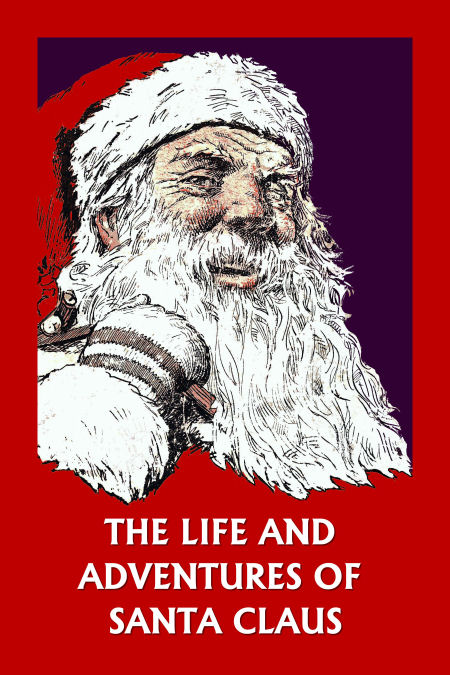
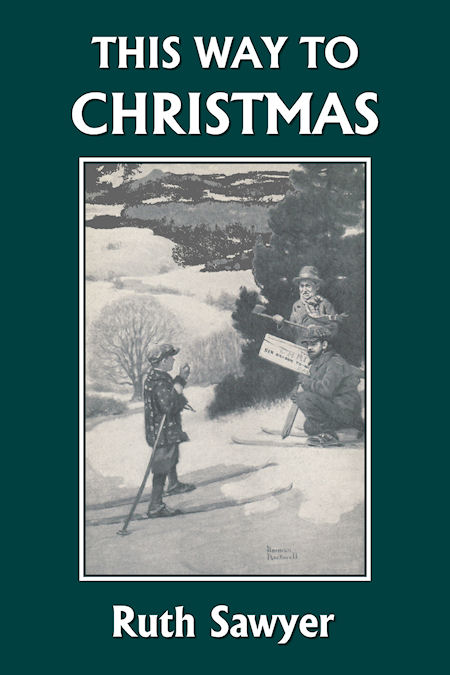
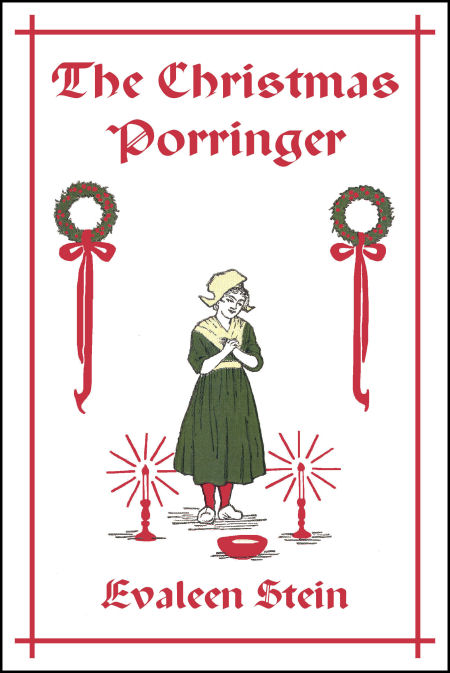
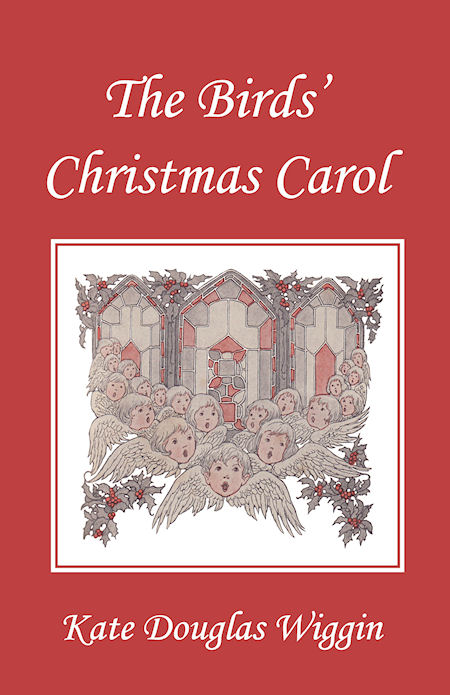

|

|

|

|
I Saw Three Ships
Choose a story.
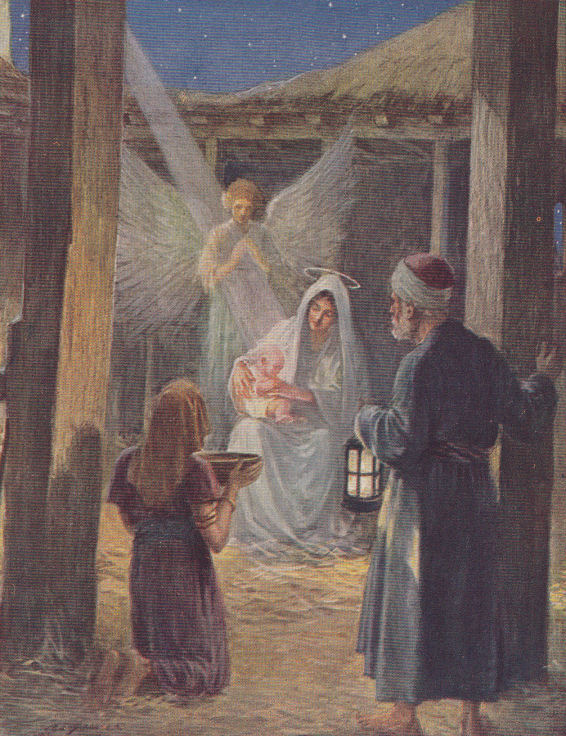 Choose a poem.
|
The Golden Cobwebs
A Story To Tell by the Christmas TreeI am going to tell you a story about something wonderful that happened to a Christmas Tree like this, ever and ever so long ago, when it was once upon a time. It was before Christmas, and the tree was trimmed with bright spangled threads and many-coloured candles and (name the trimmings of the tree before you), and it stood safely out of sight in a room where the doors were locked, so that the children should not see it before the proper time. But ever so many other little house-people had seen it. The big black pussy saw it with her great green eyes; the little grey kitty saw it with her little blue eyes; the kind house-dog saw it with his steady brown eyes; the yellow canary saw it with his wise, bright eyes. Even the wee, wee mice that were so afraid of the cat had peeped one peep when no one was by. But there was someone who hadn't seen the Christmas tree. It was the little grey spider! You see, the spiders lived in the corners,—the warm corners of the sunny attic and the dark corners of the nice cellar. And they were expecting to see the Christmas Tree as much as anybody. But just before Christmas a great cleaning-up began in the house. The house-mother came sweeping and dusting and wiping and scrubbing, to make everything grand and clean for the Christ-child's birthday. Her broom went into all the corners, poke, poke,—and of course the spiders had to run. Dear, dear, how the spiders had to run! Not one could stay in the house while the Christmas cleanness lasted. So, you see, they couldn't see the Christmas Tree. Spiders like to know all about everything, and see all there is to see, and these were very sad. So at last they went to the Christ-child and told him about it. "All the others see the Christmas Tree, dear Christ-child," they said; "but we, who are so domestic and so fond of beautiful things, we are cleaned up! We cannot see it, at all." The Christ-child was sorry for the little spiders when he heard this, and he said they should see the Christmas Tree. The day before Christmas, when nobody was noticing, he let them all go in, to look as long as ever they liked. They came creepy, creepy, down the attic stairs, creepy, creepy, up the cellar stairs, creepy, creepy, along the halls,—and into the beautiful room. The fat mother spiders and the old papa spiders were there, and all the little teeny, tiny, curly spiders, the baby ones. And then they looked! Round and round the tree they crawled, and looked and looked and looked. Oh, what a good time they had! They thought it was perfectly beautiful. And when they had looked at everything they could see from the floor, they started up the tree to see more. All over the tree they ran, creepy, crawly, looking at every single thing. Up and down, in and out, over every branch and twig, the little spiders ran, and saw every one of the pretty things right up close. They stayed till they had seen all there was to see, you may be sure, and then they went away at last, quite happy. Then, in the still, dark night before Christmas Day, the dear Christ-child came, to bless the tree for the children. But when he looked at it—what do you suppose?—it was covered with cobwebs! Everywhere the little spiders had been they had left a spider-web; and you know they had been everywhere. So the tree was covered from its trunk to its tip with spider-webs, all hanging from the branches and looped round the twigs; it was a strange sight. What could the Christ-child do? He knew that house-mothers do not like cobwebs; it would never, never do to have a Christmas Tree covered with those. No, indeed. So the dear Christ-child touched the spider's webs, and turned them all to gold! Wasn't that a lovely trimming? They shone and shone, all over the beautiful tree. And that is the way the Christmas Tree came to have golden cobwebs on it. |